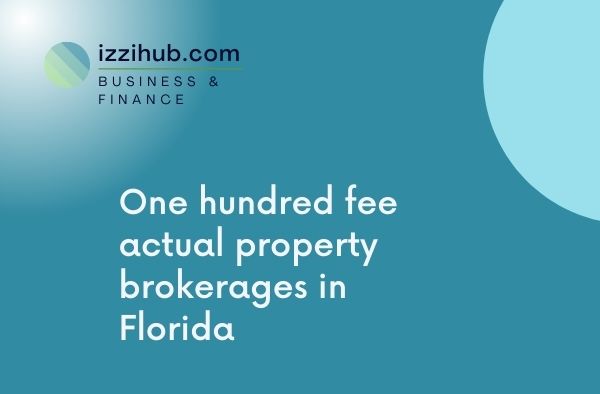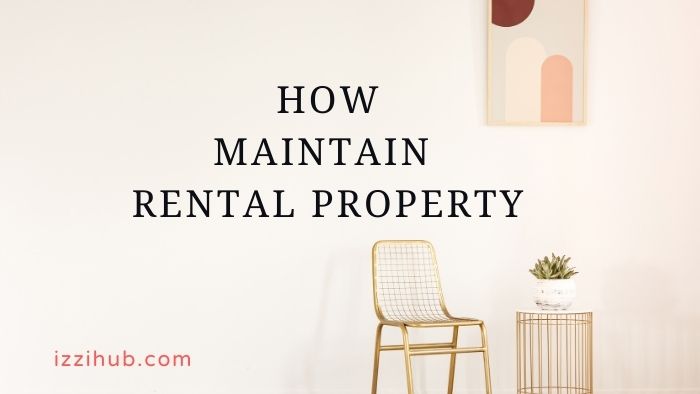Houston, TX Real Estate Market Analysis: Trends and Insights
The Houston, TX real estate market has always been a dynamic landscape, offering a myriad of opportunities for both investors and homeowners. In this comprehensive analysis, we will delve into the trends and insights shaping this ever-evolving market from a real estate industry perspective. Whether you are considering buying, selling, or investing, understanding the current market conditions is crucial for making informed decisions.
Houston’s Economic Resilience
The heart of the Houston real estate market beats in rhythm with the city’s robust economy. Despite facing challenges like hurricanes and economic downturns, the city has proven its resilience time and again. The diverse industries, including energy, healthcare, and aerospace, provide a stable job market, attracting a steady influx of residents. This economic stability continues to drive demand for real estate in Houston.
Market Trends and Pricing
One of the key aspects of the Houston real estate market analysis is understanding the pricing trends. While the city has traditionally been known for its affordability compared to other major metropolitan areas, there have been notable changes in recent years. The median home price in Houston has steadily increased, reflecting the rising demand for housing.
The pandemic accelerated a trend of urban flight, with many individuals and families seeking more space and a change in lifestyle. As a result, suburban areas in Houston witnessed a surge in demand, leading to an upward trajectory in home prices. However, the affordability factor still remains an advantage for Houston, making it an attractive option for buyers.
Neighborhood Dynamics
Houston is a vast city with diverse neighborhoods, each offering its unique character and amenities. A critical aspect of the real estate market analysis is understanding the dynamics of these neighborhoods.
Inner Loop Charm: The Inner Loop neighborhoods, such as Montrose and The Heights, continue to be popular among young professionals and urban dwellers. These areas offer a vibrant cultural scene, proximity to downtown, and historic charm.
Suburban Appeal: Suburban areas like Katy, Sugar Land, and The Woodlands have witnessed substantial growth. Families are drawn to these regions for their excellent school districts, spacious homes, and quieter pace of life.
Energy Corridor: The Energy Corridor remains a significant driver of real estate demand due to its proximity to the energy industry’s epicenter. With a mix of townhomes and single-family homes, it caters to professionals in the energy sector.
Inventory and Supply
Houston’s real estate market analysis is incomplete without considering the inventory and supply dynamics. The city experienced a shortage of housing inventory, particularly in the single-family home category. Low housing supply led to competitive bidding wars and increased property values.
New construction projects, both residential and commercial, have been on the rise to meet the growing demand. Developers are eyeing opportunities in various neighborhoods, contributing to the expansion of housing options.
Investment Opportunities
Investors keen on entering the Houston real estate market should pay attention to emerging trends that could shape their investment strategy.
Multifamily Properties: Houston’s rental market remains robust, with a growing demand for multifamily properties. Investors can explore opportunities in apartment complexes and condominiums.
Commercial Real Estate: The city’s diverse economy provides a favorable environment for commercial real estate investments. Office spaces, retail centers, and industrial properties are all in demand.
Short-Term Rentals: With tourism and business travel rebounding, short-term rental properties like Airbnb units are gaining popularity. Areas near downtown and major attractions offer lucrative returns.
Challenges and Considerations
While Houston offers numerous opportunities, there are challenges and considerations to keep in mind:
Climate Risks: The city is prone to hurricanes and flooding. Buyers and investors should carefully assess the flood risk of properties and consider flood insurance.
Property Taxes: Houston has no state income tax, but property taxes can be relatively high. Understanding the tax implications of real estate transactions is essential.
Market Volatility: Like any real estate market, Houston is subject to economic cycles. It’s crucial to have a long-term perspective and be prepared for market fluctuations.
Conclusion
In conclusion, the Houston, TX real estate market analysis reveals a city with a resilient economy, diverse neighborhoods, and evolving trends. Whether you’re a first-time homebuyer, an investor, or a seasoned homeowner, staying informed about market dynamics is key to making successful real estate decisions. As Houston continues to grow and change, so do the opportunities it offers to those willing to embrace them.

